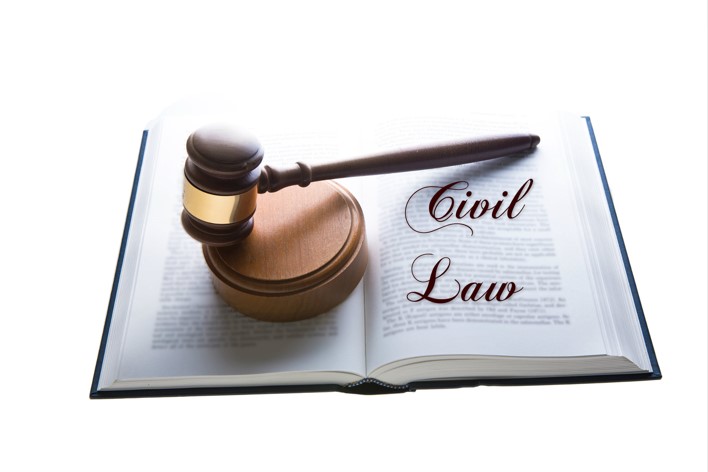The Dubai Civil Code is the legislative document that governs all civil matters, trials, and proceedings which involve civilians. The Civil law in the Emirate of Dubai in the Emirates is heavily based on the codes of other Arab countries, specifically Egypt. The Islamic Sharia law is also a source of law and guiding principles in the UAE. The Dubai Civil Code applies to civil and private transactions, but other commercial transactions conducted in various business activities are governed by other Codes, among which the Commercial Code. As a business owner in Dubai, you will need to observe both the provisions of the Civil Code and the Commercial Code. Our lawyers in Dubai can help you with detailed information about these legislative documents and about how various laws apply in Dubai.
Persons and property in Dubai
The Dubai Civil Code is divided into Books, structured in chapters or parts which are also divided into sections. The legislative document covers a broad area regarding civil matters, from the definitions of the natural and legal person in Dubai to property laws and proofs of rights. Book one of the code deals specifically with these personal obligations and rights of an individual.
The Code also regulates the contracts concluded between individuals in Dubai. The subject of a contract, as defined by law, can be either a property in Dubai, movable or immovable, benefits derived from a property, a certain good or service, and other things not prohibited by law and not contrary to public order. The effects and dissolution of a contract are also defined in the Civil Code.
If you want to apply for a residence permit, you can also obtain it with a Dubai freelance visa. You can live here for up to 3 years based on such a visa, which is the equivalent of a work permit. If you are interested in this option, you can find out how to obtain it from our local lawyers who can provide updated information about it.
Civil liability in Dubai
The Civil Code defines the acts causing harm which can be direct or consequential. The rights to receive compensations for damages are defined by the law and are also included in the Code. Companies in Dubai are defined as entities in which two or more individuals concluded a contract and are bound to participate in a financial property. Regardless of the type of company, it will be regarded as a legal person immediately after it has been incorporated. Also defined in the Civil Code , there are the elements of a company, the management of the firm, the effects of a company and the termination of an enterprise.
The provisions of the Islamic Law in the UAE
The criminal and the civil courts are part of the Sharia Courts and deal with cases where the Islamic Law has been breached. The civil and the commercial trials, the personal matters and the serious offences related to financial frauds are also issued by the Sharia Courts, even if non-Muslin persons with residency in the UAE have been accused of such offences in the country. For a better understanding of the Islamic Law for both Muslims or non-Muslims citizens, it is recommended to get in touch with our Dubai lawyers.
What you need to know about the Personal Status Law in Dubai
The Personal Status Law is uttered by the Sharia Law in the Emirates and involves cases of marriage, custody or divorce. We remind that the Personal Status Law applies for both Muslims or non-Muslims with a permanent residence in the Emirates, with the mention that in family cases of non-Muslim persons, the home country rules and regulations will also be considered and enforced. Please keep in mind that our team can represent the clients in all kinds of disputes related to mortgage, contracts, obligation and personal rights, compensation, real estate or insurance entitlements, among many others.
Our law firm in Dubai can offer legal counseling if you want to open a business in the UAE or if you need legal representation in cases sent to the court of law, so please feel free to contact us.

